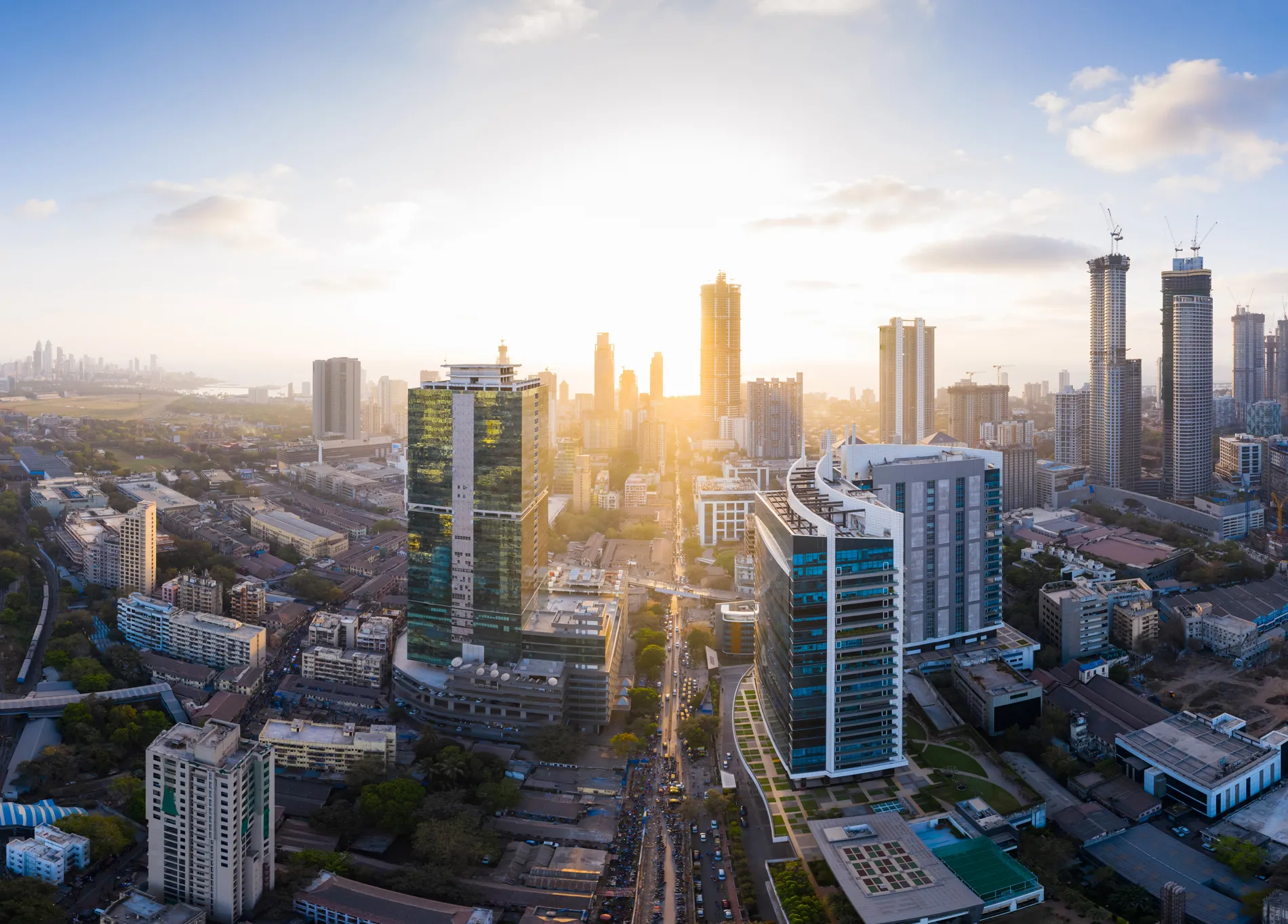In September 2023, Jefferies hosted its seventh annual Tech Trek, Israel’s largest institutional investor conference. The three-day event connects leading global investors with the Israeli tech ecosystem through a series of panels, presentations, and meetings.
At the conference, Jefferies’ Ashley Walker sat down with Karin Fronczke, Global Head of Private Equity at Fidelity Investments. They explored Fidelity’s investment criteria, opportunities in today’s market, and how recent valuations and public offerings could shape a more dynamic 2024.
Fidelity’s Approach: Focus on Fundamentals
Declining valuations create enticing investment opportunities, but for Fronczke and Fidelity, fundamentals come first. “We start with our investment checklist,” Fronczke shared, highlighting Fidelity’s four-tiered analysis.
Key components include a robust total addressable market, an experienced and motivated management team, a clearly defined product-market fit, and durable competitive moats. The ebb and flow of actionable opportunities, Fronczke said, are only relevant after these criteria are met.
Key Geographies and Sectors: Opportunities on the Horizon
Valuation multiples reached record levels in 2021, against a backdrop of low interest rates and stimulus-fueled liquidity. Two years later, as valuations undergo a reset in private markets, new opportunities for investors emerge. Some regions and sectors are particularly well-positioned for an influx of new capital. Fronczke highlighted the areas where she and Fidelity are most focused.
On regions of interest, Fronczke spoke to the importance of density. Fidelity targets areas where many opportunities have the latitude to surface. “Outside the US, Israel and India are the two regions where we’re really focused.”
Note: Fronczke’s comments on Israel were made before the events of Oct. 7. The ongoing conflict may influence the region’s tech ecosystem and investment landscape.
On sectors of interest, artificial intelligence takes center stage. Fronczke emphasized generative AI (GenAI), and its potential to elevate productivity and produce original content. GenAI’s applicability across sectors – from real estate and marketing to software development – is a focal point for Fidelity.
Fronczke emphasizes that in the age of GenAI, “any model is only going to be as good as the data that feeds it.” Fidelity will focus on companies with adept data management, as they will prove best equipped to harness AI’s opportunities.
Public vs. Private Valuations
The discussion turned to the widening gap between public and private market valuations. Fronczke reflected on the 2021 capital environment, when low interest rates, quantitative easing, and pandemic stimulus packages flooded global markets with liquidity.
This surge in capital, she believes, was an impetus for the current disparity.
“Companies that raised capital in 2021 still had cash on their balance sheets in ’22 and ’23,” Fronczke observed. “As we move into 2024, that cash runway is running out, and there should be new rounds of fundraising at new valuations.”
This may spur a reset in private markets, bridging the valuation gap between public and private entities.
Advice to Founders and Management Teams
Acknowledging that fresh fundraising rounds might pose challenges, Fronczke offered wisdom to founders and executives. For those considering raising capital through private markets, she advised fostering relationships with investors well in advance. Long-term, organic relationships, Fronczke believes, are key to synergistic growth.
“At Fidelity, we like to know companies for a couple years before investing,” she shared. “Those two years of diligence help us really understand your position in the market.”
The IPO Market: What Comes Next?
After a historically quiet period, the IPO market enjoyed a series of notable listings, including Birkenstock, Klaviyo, Instacart, and Arm. Fronczke shared a positive outlook, believing these businesses set the stage for a stronger IPO pipeline in 2024.
“These types of companies needed to take the first steps – companies with scale, brand recognition, and profitability.” As they trade over several quarters, meeting the milestones they promised, these new public entities should inspire confidence in the broader market.
However, the resurgence in public market listings hasn’t been challenge-free. Many high-profile businesses faced lukewarm reception, now trading below their IPO prices. Today, some IPO candidates are retrenching and reassessing, despite the uptick in activity. The trajectory of IPOs may prove unpredictable in the near future.
Fronczke’s insights offer a glimpse into the strategies and criteria guiding leading global investors through a shifting market landscape. With new fundraising rounds and public offerings on the horizon, a commitment to fundamentals, relationships, and transparency remains a reliable roadmap to success for both founders and investors.




